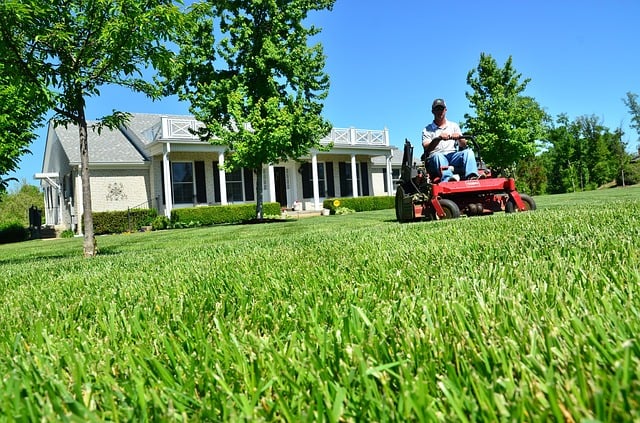
Whether it is the tenant or the landlord, there are times when it is tough to determine who covers what in a tenancy. Whether it is a broken toilet, faulty flooring, or garden maintenance, both parties have their own responsibilities in a tenancy.
Every state and territory will have its own unique tenancy act which covers the regulations and rules for a tenant and the landlord, and a quick review of the tenancy will outline what the rules and laws are for each specific case.
Typical Landlord Responsibilities
Although responsibilities vary by state, pest control usually is the landlord’s responsibility, as they need to ensure the property is safe and free of pests. An annual spray is adequate for the tenancy unless there is found to be an outbreak of pests or there is an issue with rodents.
Plumbing also often falls to the landlord. If there is a blocked drain, a leaking pipe, or an issue with plumbing that is deemed to be an issue, the owner covers this cost. While an emergency plumber might need to be called before the owner is aware of the issue, the tenant should expect reimbursement.
Appliances and fixtures are also commonly the responsibility of the landlord, as well as anything that is provided to the tenant in the tenancy agreement. In this case, it could be furniture, appliances, or general fixtures. If a shelf breaks due to wear and tear, or a microwave is no longer working that is provided in the tenancy, this is the responsibility of the property owner.
Properties need to be safe from fire and this means that smoke detectors should be installed at each property. The detectors should be in good condition and batteries regularly checked and replaced. Electrical outlets should be safe and an ongoing check should be made of any outlets, and electrical items provided by the owner in the tenancy.
Typical Tenant Responsibilities
Garden maintenance is something the tenant is usually responsible for unless it is otherwise stated in the tenancy agreement. Maintenance of a garden includes lawn mowing, weeding the garden, and ensuring the plants are pruned and cut back on a regular basis.
Likewise, if there is a pool unless the landlord states in the tenancy agreement they will take care of the pool, the tenant will need to clean and ensure the pool is in good working order. If the pool is not in good shape when the tenant moves in, the landlord could be responsible for repairs and maintenance, and this can be discussed with the tenant and landlord upon signing the tenancy agreement.
If anything in the property is damaged due to misuse or malicious acts that fall outside the general wear and tear, the tenant will need to pay for repair and replacement. The bond does exist to cover some malicious damage, as do landlords insurance.
At the end of the day, the tenant and the landlord both have specific responsibilities and the tenancy agreement should cover who is responsible for what. If there are any issues or damage that is not covered in the tenancy agreement, a discussion with a tenancy lawyer or the state rental authority could be required.
The landlord has a duty of care for tenants and must ensure that any accidents, repairs, and maintenance are carried out on a regular basis to ensure the safety of the tenant and avoid any negligence claims.



